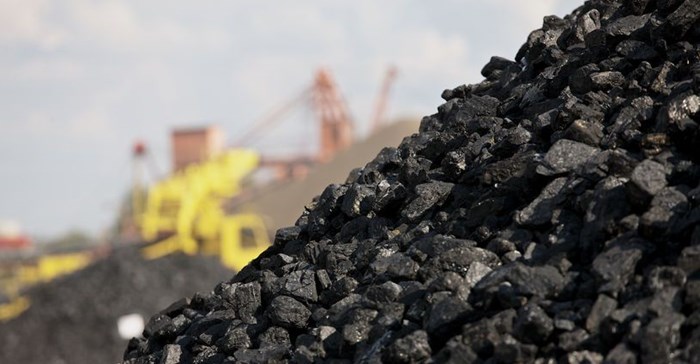
Related
Top stories





Marketing & MediaWarner Bros. was “nice to have” but not at any price, says Netflix
Karabo Ledwaba 1 day

More news

Logistics & Transport
Maersk reroutes sailings around Africa amid Red Sea constraints

















Coal mining and using it in power stations uses large amounts of water, and pollutes even more. It imposes massive but uncounted costs on society and particularly on poor people who live in the coal regions.
The report, entitled Water Impacts and Externalities of Coal Power, was compiled by the Life After Coal campaign from a wide range of existing research on the cost of the impacts of coal mining and burning on water resources.
“The Draft IRP (2016) provides cost estimates for different energy technologies but does not include externalities of critical importance for electricity planning. This means that the costs of coal-fired power generation are significantly under-counted. South Africa is a dry country and cannot afford this,” says Saul Roux, Life After Coal spokesperson.
The report makes clear that it is critical that the new draft of the IRP, which Energy Minister Jeff Radebe says will be published shortly, considers the full range of water-related externalities and impacts in determining and costing South Africa’s future electricity supply mix. If not, the Life After Coal campaign, together with Greenpeace Africa, have indicated that they will have no option but to challenge such a failure in court.
Life After Coal, together with Greenpeace Africa, has previously called for a set of basic minimum principles to be met by the IRP. One of these is that the IRP must take full account of externalised costs.
“Excluding these costs results in the misrepresentation of the costs of coal-fired power generation. These costs do not go away. They are borne by the environment, by society in general and especially by poor communities. Conversely, including these costs would justify a rapid shift from coal to water-efficient renewable energy. This transition is essential and urgent given South Africa’s water crisis. It is equally urgent that this is planned as a just transition that contributes creating a more equal society in which everyone has a place including workers who are currently employed in the coal sector,” say Makoma Lekalakala, director of Earthlife Africa.